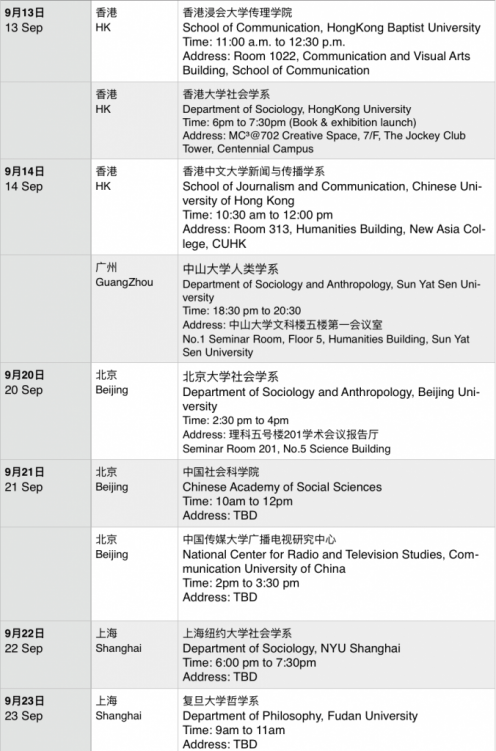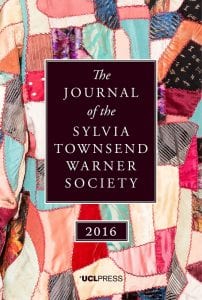Institution as e-textbook publisher: New e-textbook ‘Key Concepts in Public Archaeology’
By ucyljbi, on 21 February 2017
 This post was written as part of the JISC funded Institution as e-textbook publisher project. UCL Press outputs for this project include Key Concepts in Public Archaeology and Textbook of Plastic and Reconstructive Surgery.
This post was written as part of the JISC funded Institution as e-textbook publisher project. UCL Press outputs for this project include Key Concepts in Public Archaeology and Textbook of Plastic and Reconstructive Surgery.
We launched our e-textbook, Key Concepts in Public Archaeology this week. This book appears on our innovative, browser-based HTML platform, and can be found here. This collection is edited by Gabriel Moshenska, Lecturer in Public Archaeology at UCL, and it brings together contributions from the dynamic field of public archaeology. It is aimed at both undergraduate and MA students and provides a broad overview of the central themes in public archaeology. The book also takes into account the growth of scholarship in this area from around the world and seeks to clarify what exactly ‘public archaeology’ is. The first nine chapters are now published, with more chapters to be added to the platform in the next few months allowing it to become an ongoing, evolving resource. The chapters cover a variety of different areas such as ‘Community archaeology’ and ‘Digital media in public archaeology’ and feature a number of illustrative case studies.
The platform is published on has been specially developed by UCL Press in collaboration with the award-winning digital developer Armadillo and includes scholarly functionalities such as the ability to highlight, search, annotate, export and cite content as well as saving personalised copies of individual books. We believe these tools really add to the user experience and allow for a unique reading experience. We will also produce an open access PDF as well as a traditional print edition this summer. Alongside these formats, we are working with the digital developer YUDU to produce the complete textbook as an app. The app will offer another option for readers, featuring scholarly functionalities as well as animation.
Our Marketing and Distribution Manager is now promoting Key Concepts in Public Archaeology in the coming weeks using both traditional and online marketing channels including mailing lists, listservs, social media, the UCL Press website and other tools to promote the book as widely as possible. This is the second book UCL Press has published as part of the Jisc ‘Institution as e-textbook publisher’ project. As the final part of the project we’ll also be conducting surveys to gather feedback from students, lecturers and librarians about these books to assess how they have found the user experience, in order to inform UCL Press’s future textbook publishing strategy. We look forward to sharing these learning outcomes with the other participants in the project and contributing to the wider discussion about the future of academic textbook publishing.
 Close
Close






